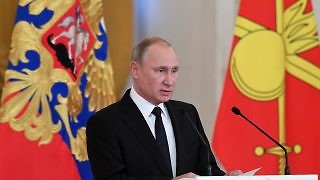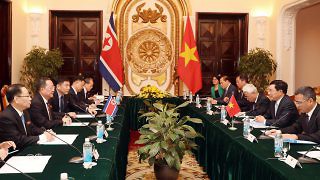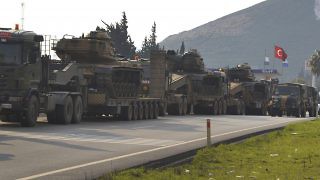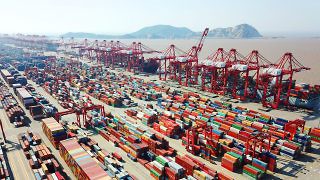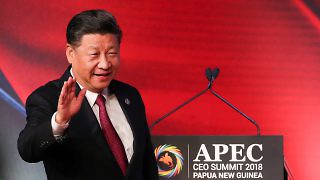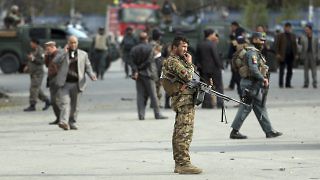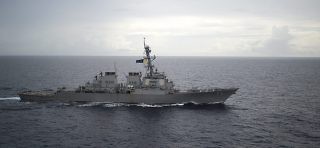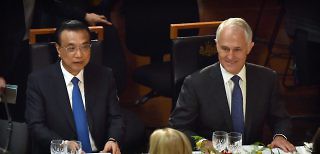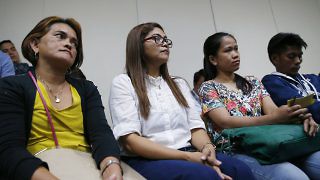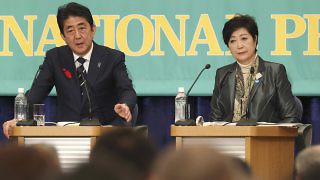President Vladimir Putin is yet to meet his North Korean counterpart Kim Jong-un, who has already held four summits with Chinese President Xi Jinping, three with South Korean President Moon Jae-in, and one with United States President Donald Trump.
Tag: asia
-
-
While the natural endowments, economic structures, and demographics are very different between the two countries, there are several aspects of Vietnam’s early transition experience that seem relevant for North Korea today.
-
Overall, the government’s foreign and security policy priorities have indeed been primarily focused on northern Syrian territories controlled by the YPG. There are, however, important domestic considerations.
-
Developing country status may have made sense when China joined the WTO in 2001. But today, China is the second largest economy in the world and the largest when calculated by purchasing power parity.
-
Xi Jinping is widely viewed as the strongest leader China has had since Deng Xiaoping or Mao Zedong. But six years into his perhaps indefinite tenure, what has Xi actually accomplished?
-
The Taliban have refused to negotiate or speak with the Afghan government, claiming they are illegitimate foreign puppets. At the same time they have also intensified their attacks.
-
If any country, particularly the US, wants to prevent further Chinese gains in the SCS, it will need to substantially increase investment in military capabilities, diplomacy, and economic presence in Asia in the years ahead.
-
Even if the US and China settle on a trade deal, there’s a strong prospect that even stalwart allies of the US, like Australia, will still suffer.
-
Female domestic workers are perhaps the least protected workers in the Gulf, facing legal, institutional, and societal barriers to basic securities.
-
Abe called for a snap election on September 25—14 months before it was due—describing its purpose as to “achieve a breakthrough regarding our national crises.” While mentioning Japan’s aging society and rising tensions with North Korea as national crises, he did not explain the timing.
